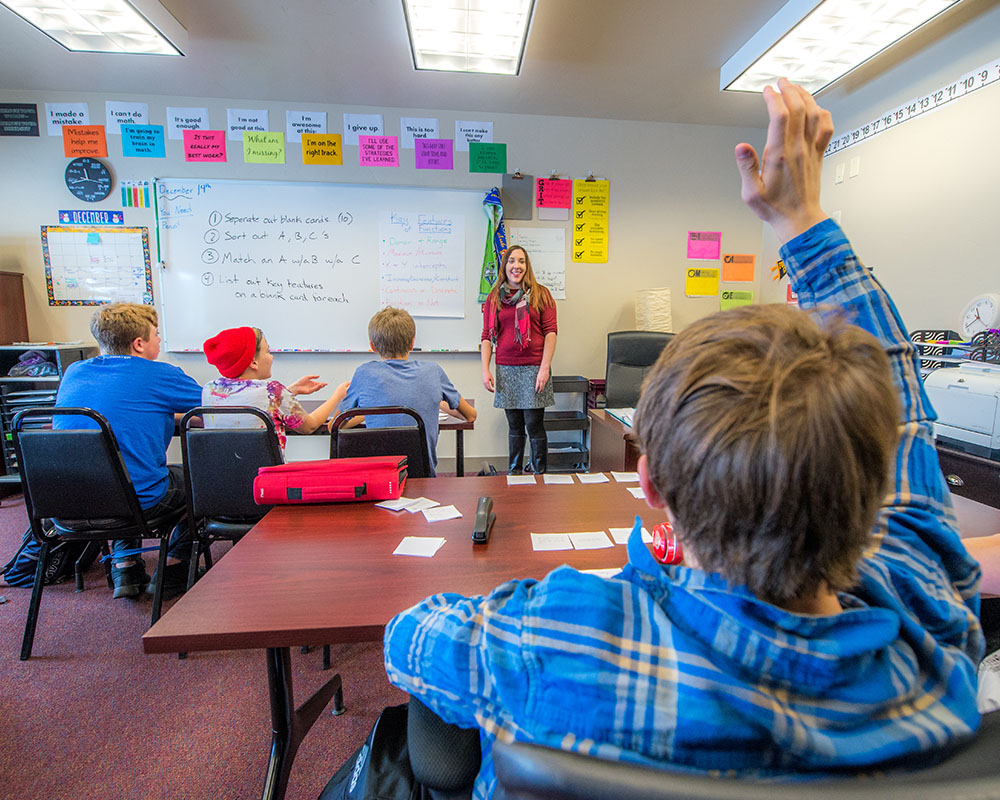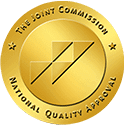
Understanding the Link Between Autism and Anxiety
Anxiety is one of the most common co-occurring conditions in teens with Autism Spectrum Disorder (ASD), affecting about 40% of youth with ASD. While not every autistic teen will experience anxiety, it is a significant challenge for many families and requires understanding and attention. Effective autism and anxiety treatment is essential to address these challenges and improve overall well-being.
Anxiety is not a core feature of autism but often co-occurs, adding to the challenges faced by teens and their families. It can be difficult to identify due to overlapping traits, such as repetitive behaviors that may stem from ASD or compulsions, intense interests resembling obsessions, or distress from routine changes linked to either condition. Additionally, anxiety in autistic teens may present in atypical ways, blending with autism-related behaviors and defying traditional diagnostic patterns.

Contributing Factors:
- Social Challenges: Difficulty with social interactions and fear of judgment often lead to social anxiety.
- Sensory Sensitivities: Heightened responses to stimuli like noise or light can trigger anxiety.
- Rigid Thinking: Struggles with adapting to change or unexpected events increase anxiety.
- Executive Functioning Issues: Problems with planning, organization, and regulation can cause overwhelm.
- Theory of Mind Gaps: Difficulty understanding others' thoughts or intentions contributes to social anxiety.
Teens with level 1 autism (high functioning) are particularly prone to social anxiety. Awareness of social difficulties and fear of negative evaluation can amplify their distress. Recognizing anxiety in autistic teens helps parents seek appropriate support, significantly improving their child’s well-being. Awareness empowers families to advocate effectively and find tailored interventions.
Signs of Anxiety in Teens with Autism
Signs of anxiety in teens with autism can overlap with autism traits, making them harder to identify. Not all autistic teens experience anxiety, but when they do, it may present in various ways. Recognizing these signs is essential for parents to find effective autism and anxiety treatment to support their needs.
Behavioral and Emotional Signs:
- Mood or behavior changes: Eating or sleeping more or less, withdrawing socially, or losing interest in favorite activities.
- Repetitive behaviors: Increased frequency or stronger insistence on routines.
- Avoidance: Steering clear of anxiety-inducing situations like social interactions or sensory triggers.
- School refusal or agoraphobia: Fear of leaving home due to social or environmental anxieties.
Physical and Sensory Indicators:
- Physiological responses: Increased heart rate, rapid breathing, or visible tension.
- Sensory sensitivities: Anxiety triggered by loud noises, bright lights, or uncomfortable textures.
Social and Cognitive Challenges:
- Social anxiety: Fear of judgment due to difficulties with social skills or understanding social cues.
- Rigid thinking: Struggles with changes in routines or unexpected events.
- Executive functioning issues: Overwhelmed from managing academic or daily demands.
- Perspective-taking difficulties: Trouble understanding others’ emotions and intentions.
Unique Presentations of Anxiety:
Atypical symptoms: Anxiety tied to autism traits, like distress over disrupted routines or being prevented from repetitive behaviors.
Why Observation Matters:
Teens may not communicate their anxiety verbally, so behavior changes can provide critical clues.
Every autistic teen’s experience with anxiety is unique. A supportive and individualized approach, including appropriate autism and anxiety treatment, is key to helping them manage their challenges.
Managing Anxiety in Teens with Autism
When autistic teens struggle with anxiety, a personalized approach that is tailored to their unique strengths and challenges is required. Anxiety can heavily affect an autistic teen’s life. The following list provides ways that teens with autism who struggle with anxiety can manage it better.
Therapeutic Interventions:
- Cognitive Behavioral Therapy (CBT): Proven effective for anxiety in autistic youth, using modified techniques such as concrete examples, visual prompts, and repetition.
- Exposure Therapy: Gradual exposure to anxiety-provoking situations, like addressing school refusal step by step.
- Group CBT: Provides peer interaction, normalizes anxiety, and builds social connections.
- Therapist Expertise: Work with professionals experienced in autism for tailored support.
Environmental Support:
- Establish clear routines to reduce uncertainty.
- Create sensory-friendly spaces to ease sensory sensitivities.
- Encourage open communication and provide a safe space for teens to share concerns.
- Involve family members to reinforce skills and strategies.
Additional Resources:
- Pediatricians can help coordinate autism and anxiety treatment interventions.
- IEPs (Individualized Education Plans): Offer school-based support for anxiety and re-entry challenges.
Other Considerations:
- Medication (SSRIs): Limited effectiveness and higher side effects in autistic youth.
- Relaxation techniques: Help reduce physiological anxiety responses.
Is it normal teenage behavior or is it something else? These assessments may help you know how much your teen's and family's life are being affected by anxiety.
How Can Autism and Anxiety Treatment Help Your Teen?
Parenting a teen with autism and anxiety is complex, but your teen doesn’t have to face these challenges alone. At WayPoint Academy, your child will receive personalized autism and anxiety treatment designed specifically for their strengths and struggles. This program ensures your teen gains tools to manage their anxiety and embrace their unique potential through tailored therapies like Cognitive Behavioral Therapy (CBT), accredited academics, and other coping skills taught by experts These approaches honor your teen’s individuality and provide compassionate, expert care to help them thrive.
Empowering Your Teen to Overcome Co-Occurring Challenges
Anxiety often complicates the challenges of autism, making everyday life harder for your teen—and for your family. WayPoint Academy’s supportive environment addresses anxiety triggers such as social struggles, sensory sensitivities, and executive functioning difficulties. Your teen will benefit from structured routines, calming spaces, and guidance to build critical skills like communication, organization, and self-advocacy. The Mindful Completion Model equips them with the tools to face fears and embrace purposeful achievements, helping your teen grow in confidence and resilience.
Preparing Your Teen for Long-Term Success
Your teen deserves a brighter future, and WayPoint Academy is here to help make that possible. Through small class sizes, certified teachers, and a safe, supportive community, your teen can bridge the gap between treatment and real-world success. They will practice essential life skills, gain independence, and grow academically—all while learning how to confidently navigate life’s challenges. Whether it's through mastering executive functioning skills or embracing new coping mechanisms, your teen will leave WayPoint Academy better equipped to face the future.
To get started, call 435-562-5800 or email [email protected]. We're here to listen, answer your questions, and provide the support your family deserves.

Backed by The Joint Commission which ensures programs adhere to the highest quality of clinical and medical practices.

Designated as a NATSAP Research Program, showing our commitment to well-researched practices in our program.

Full member of the National Association of Therapeutic Schools and Programs (NATSAP), which ensures regulation of programs that serve children and adolescents.

This program is proud to be Cognia Accredited. Cognia provides accreditation to schools that have earned recognition for their reputation and high educational standards.

WayPoint Academy is fully licensed in the state of Utah.

Waypoint Academy is a certified Student and Exchange Visitor Program (SEVP), allowing us to welcome and support international students.

Full Member of the International OCD Foundation, which ensures our staff has access to the most up-to-date OCD treatment practices and research.

Founding member of Choose Mental Health, guiding families with questions about mental health.

